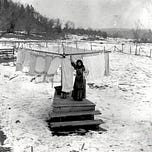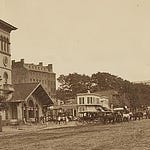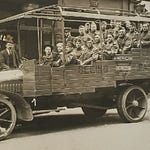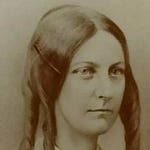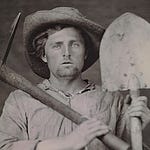All men are created equal.
It is October 7, 1858.
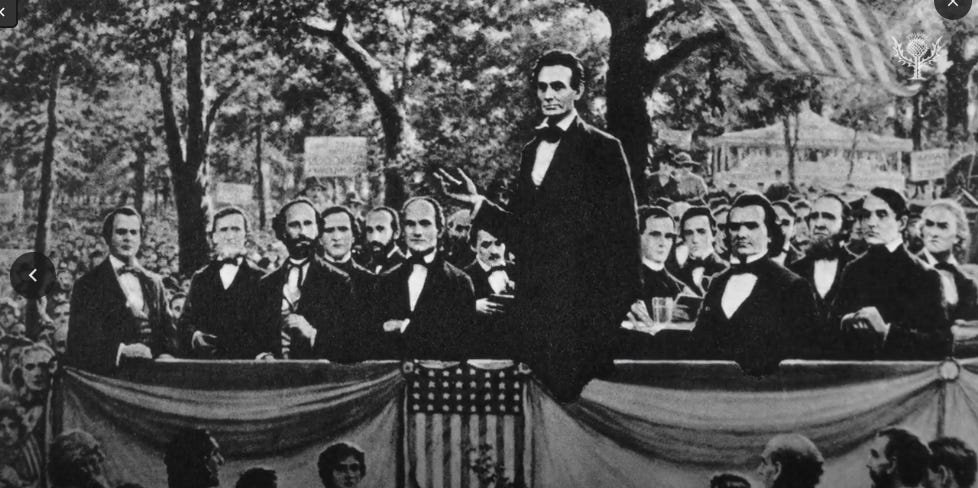
Abraham Lincoln and Stephen A. Douglas are at Knox College, in Galesburg, Illinois, for their fifth of seven debates in the 1858 senate race.
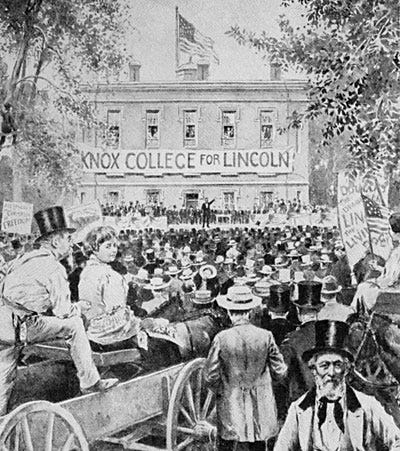
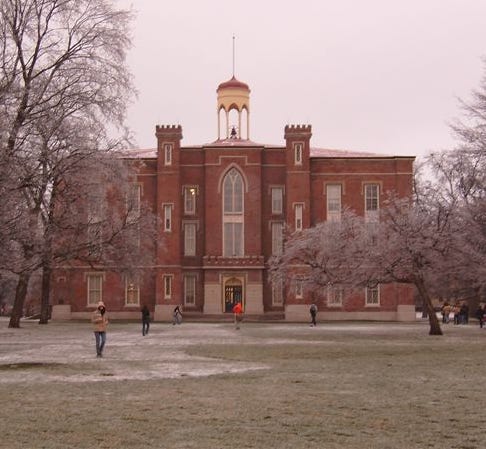
Twenty thousand people and newspaper reporters from across the country have gathered for the three-hour event, despite damp cold and strong winds.
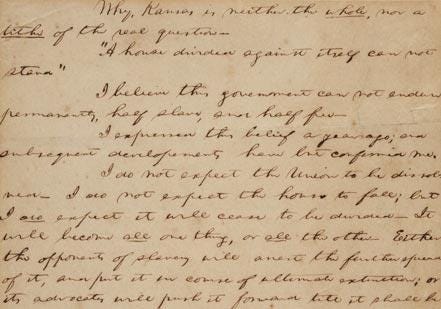
Lincoln is a former Whig congressman and a prominent leader of the new Republican Party.
He is attempting to unseat Douglas from the US Senate, where he has served for a dozen years.
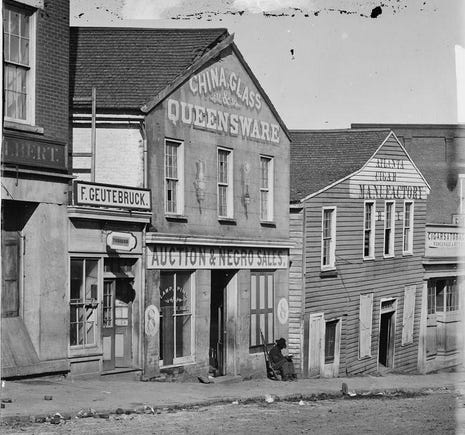
There are seventeen ‘free states’ and fifteen ‘slave states’ in 1858.
The question of slavery roils the nation.
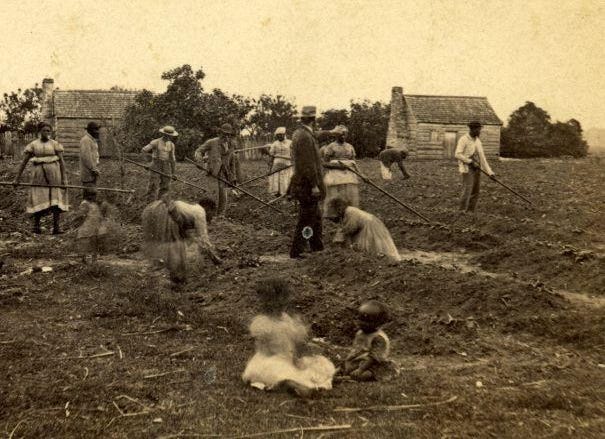
Lincoln had accepted his party’s nomination with his “House Divided” speech, declaring “a house divided against itself cannot stand; this government cannot endure permanently half slave and half free.”
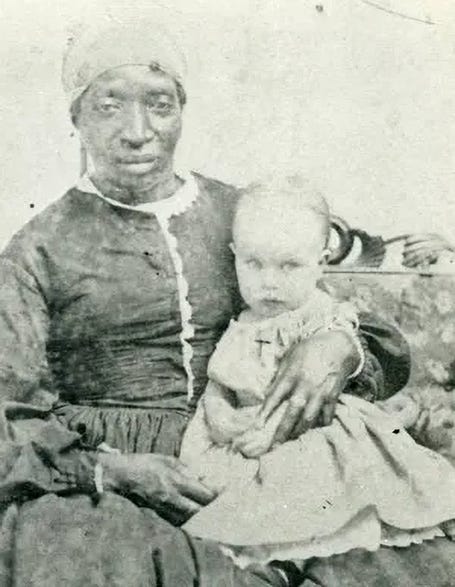
Douglas is a prominent advocate of ‘states’ rights.’
He led the Congress in enacting the Kansas-Nebraska Act four years before.
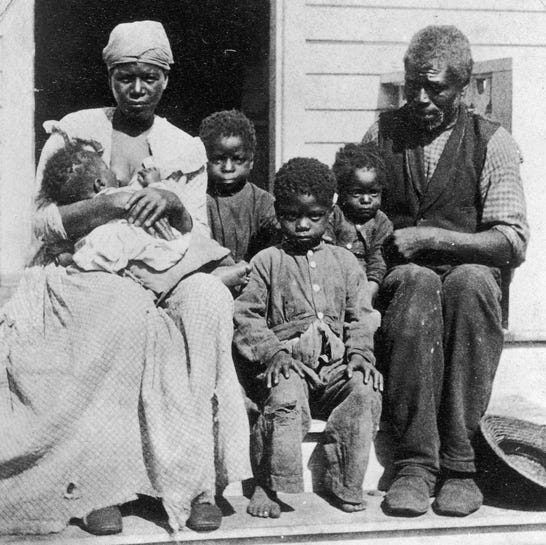
The Act overruled pre-exiting law under the doctrine of popular sovereignty, allowing states to determine for themselves whether slavery would be permitted within their territory.
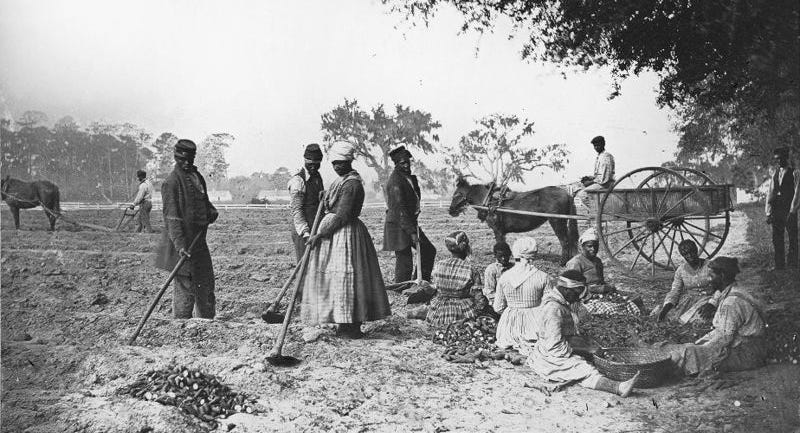
The Galesburg debate poses the question whether the Declaration of Independence assertion that ‘all men are created equal’ applies to Black people.1
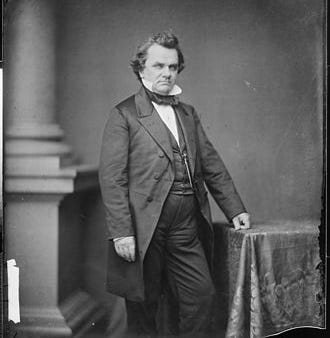
DOUGLAS:
Lincoln's claim that the negro and the white man are made equal by the Declaration of Independence and by Divine Providence is a monstrous heresy.
The signers of the Declaration of Independence never dreamed of the negro when they were writing that document.
They referred to white men, to men of European birth and European descent, when they declared the equality of all men.
When Thomas Jefferson wrote that document, he was the owner, and so continued until his death, of a large number of slaves.
Every one of the thirteen Colonies were slave-holding Colonies.
None of the Declaration signers emancipated his slaves after he signed the Declaration.
This Government was made by white men for the benefit of white men and their posterity forever.
The negro is not a citizen, cannot be a citizen, and ought not to be a citizen, but that doesn’t mean that he should be a slave.
The negro, as an inferior race, ought to possess every right which he can safely exercise consistent with the safety of the society in which he lives.
There is but one path of peace in this Republic, and that is to administer this Government as our fathers made it, divided into free and slave States, allowing each State to decide for itself whether it wants slavery or not.
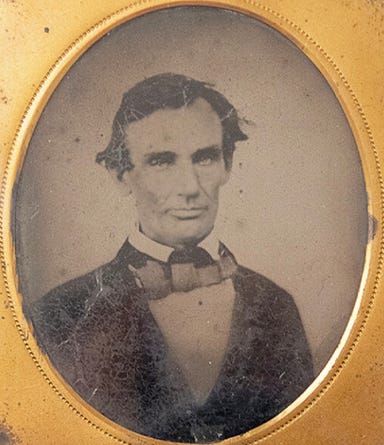
LINCOLN:
Judge Douglas asks you whether Mr. Jefferson could have considered the Declaration of Independence to apply to the negro race and yet held negroes in slavery.
There is no record of any statement from any man that the negro was not included in the Declaration of Independence.
And, in speaking about slavery, Jefferson said that ‘he trembled for his country when he remembered that God was just.’
Slavery is a moral, social and political evil.
I desire a policy that looks to the prevention of it and looks hopefully to the time when it may come to an end.
Judge Douglas is going back to the era of our proclamation of liberty and independence and muzzling the cannon that thundered it.
He is blowing out the moral lights around us when he contends that whoever wants slaves has a right to hold them.
He is eradicating the light of reason and the love of liberty in the souls of men.
He is in every possible way preparing the public mind, by his vast
influence, for making the institution of slavery perpetual and national.
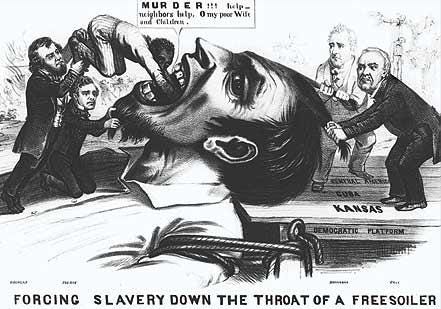
While Lincoln will receive more popular votes statewide than Douglas in the November election, he will fail to win the Senate seat.
US senators were then selected by a vote in state legislatures, and Republicans were not then in the majority in the Illinois legislature.
But the debates elevated Lincoln’s stature.
“The question is not half-settled,” he told friends after his loss.
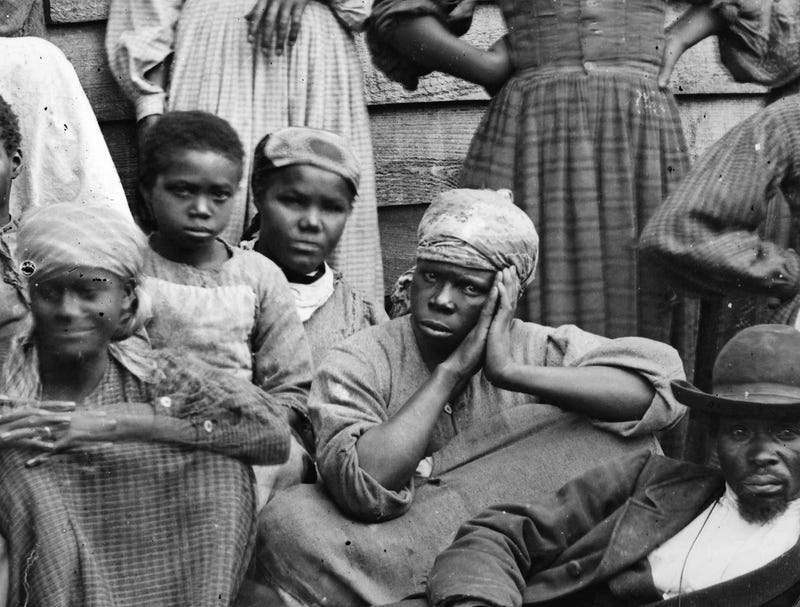
The Douglas defeat would finally come in 1860, when Lincoln won their race for the presidency.
******************************
I’ll see you tomorrow.
— Brenda
The debate text has been heavily edited for brevity.


